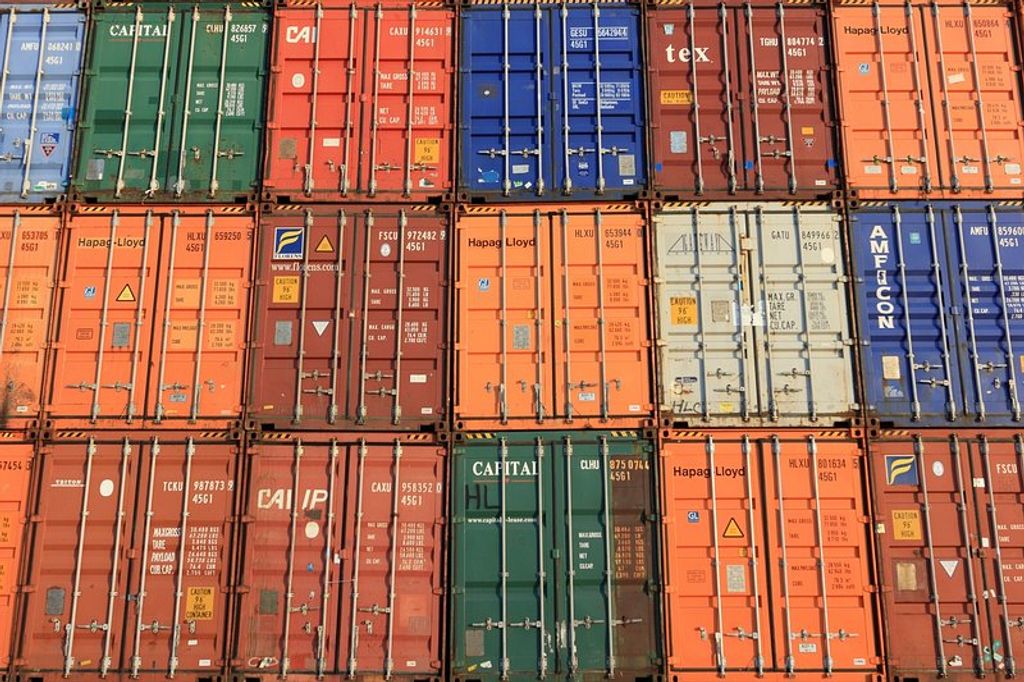In the article ‘Addressing Delinquent Accounts in Chemical Exports to Ireland’, we delve into the complexities of analyzing delinquent accounts in the chemical export industry. By examining patterns in non-payment, assessing risk factors, and implementing recovery strategies, businesses can better manage and address delinquent accounts effectively.
Key Takeaways
- Identifying patterns in non-payment is crucial for early detection of delinquent accounts.
- Assessing risk factors helps in evaluating the potential impact of delinquent accounts on the business.
- Implementing recovery strategies can aid in recovering outstanding payments and mitigating financial losses.
- Regular monitoring of accounts receivable can prevent the escalation of delinquent accounts.
- Building strong relationships with customers can facilitate smoother communication and resolution of delinquent account issues.
Analyzing Delinquent Accounts
Identifying Patterns in Non-Payment
In our quest to address delinquent accounts, we’ve turned a keen eye on the recurring patterns of non-payment. Timeliness is a critical factor; we’ve observed that delays often escalate into defaults.
Seasonality plays a subtle yet significant role. Our data shows a trend where certain times of the year witness a spike in payment delays:
| Quarter | % Increase in Delays |
|---|---|
| Q1 | 5% |
| Q2 | 3% |
| Q3 | 7% |
| Q4 | 2% |
We’ve also noted that new clients are more prone to payment issues. A pattern emerges where newer relationships correlate with a higher risk of delinquency.
It’s imperative to understand these patterns to preemptively tailor our approach to each client and mitigate risks.
By dissecting these trends, we’re better equipped to develop targeted strategies for recovery and sustained cooperation.
Assessing Risk Factors
We’ve pinpointed the warning signs, but understanding the risk factors is crucial. Bold action is needed to mitigate these risks.
- Economic instability in Ireland
- Fluctuations in the chemical market
- Legal and regulatory changes
- Payment history of clients
Our focus must shift to proactive measures, ensuring we’re not caught off guard by delinquent accounts.
By categorizing clients based on these factors, we tailor our approach. High-risk clients may require stricter payment terms, while others might benefit from more flexible options.
Implementing Recovery Strategies
Once we’ve identified the patterns and assessed the risk factors, it’s time to take action. We must implement recovery strategies that are both effective and respectful to our clients. Our approach should be multifaceted, addressing the unique circumstances of each delinquent account.
Communication is key. We initiate dialogue with a clear and firm message, outlining the consequences of non-payment while offering solutions. Here’s a brief rundown of our strategy:
- Establish clear payment terms upfront
- Send timely and polite payment reminders
- Negotiate payment plans for struggling clients
- Involve legal action as a last resort
We believe in maintaining a balance between firmness and understanding. It’s not just about recovering funds; it’s about preserving relationships for future business.
By adhering to these strategies, we safeguard our interests without burning bridges. It’s a delicate dance, but one that’s crucial for the longevity of our export operations.
Frequently Asked Questions
What are common reasons for delinquent accounts in chemical exports to Ireland?
Common reasons include economic downturns, financial instability of buyers, and disputes over quality or delivery.
How can businesses identify patterns in non-payment for chemical exports to Ireland?
Businesses can analyze payment histories, track communication with clients, and monitor market trends to identify patterns in non-payment.
What risk factors should businesses consider when dealing with delinquent accounts in chemical exports to Ireland?
Risk factors include creditworthiness of buyers, economic conditions, political stability, and currency fluctuations.
What recovery strategies can businesses implement for delinquent accounts in chemical exports to Ireland?
Businesses can offer payment plans, engage in negotiations with debtors, seek legal assistance, or use debt collection agencies to recover delinquent accounts.
How can businesses prevent delinquent accounts in chemical exports to Ireland?
Businesses can conduct thorough credit checks, establish clear payment terms, maintain open communication with clients, and diversify their customer base to prevent delinquent accounts.
What legal implications should businesses be aware of when dealing with delinquent accounts in chemical exports to Ireland?
Businesses should be aware of international trade laws, contract terms, and dispute resolution mechanisms to navigate legal implications when dealing with delinquent accounts.





